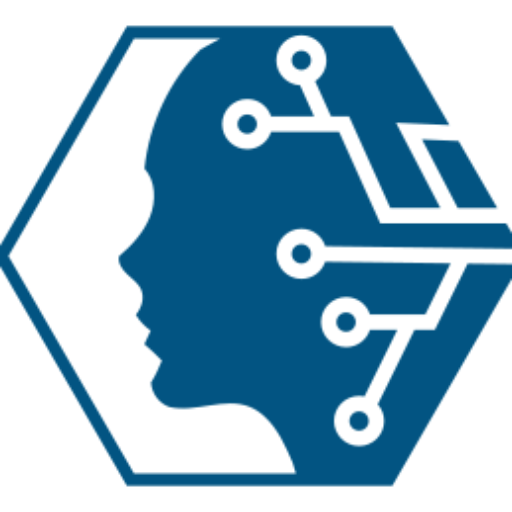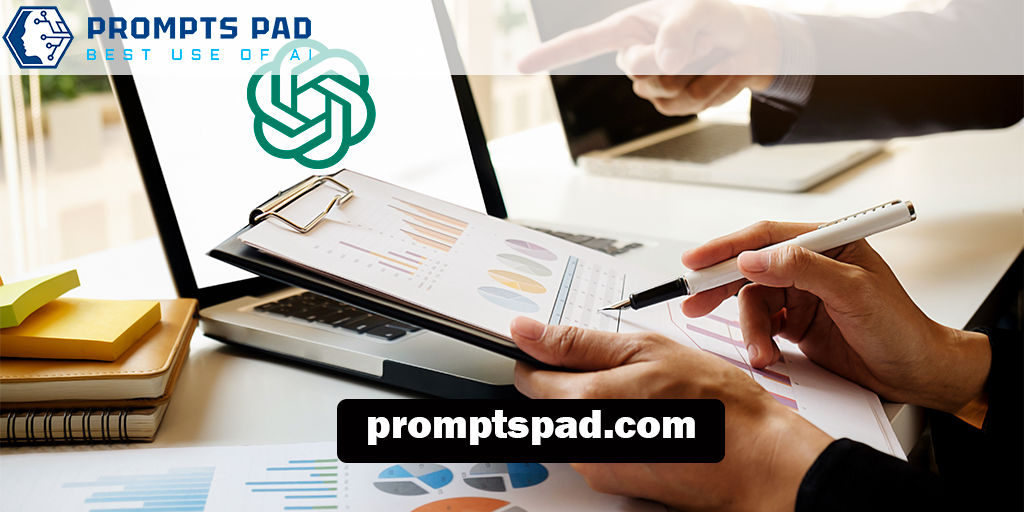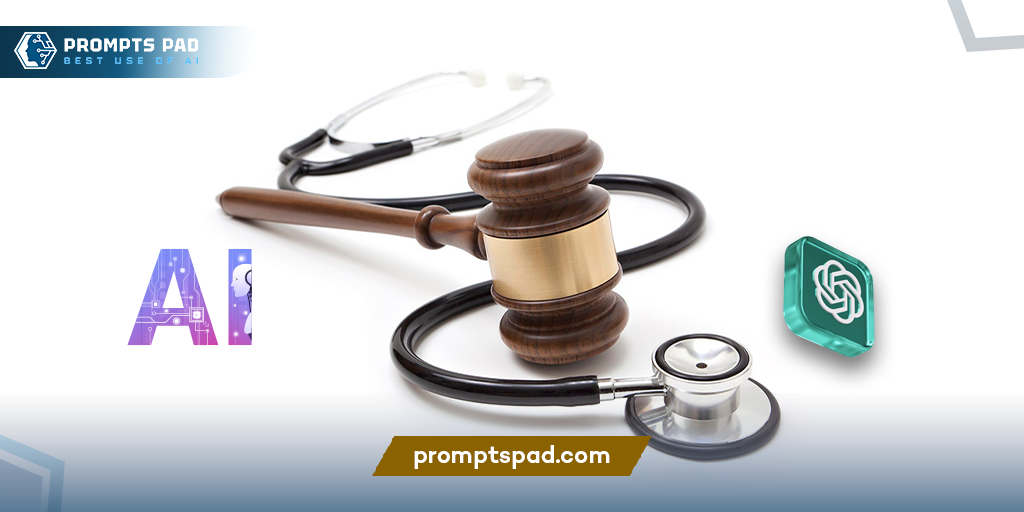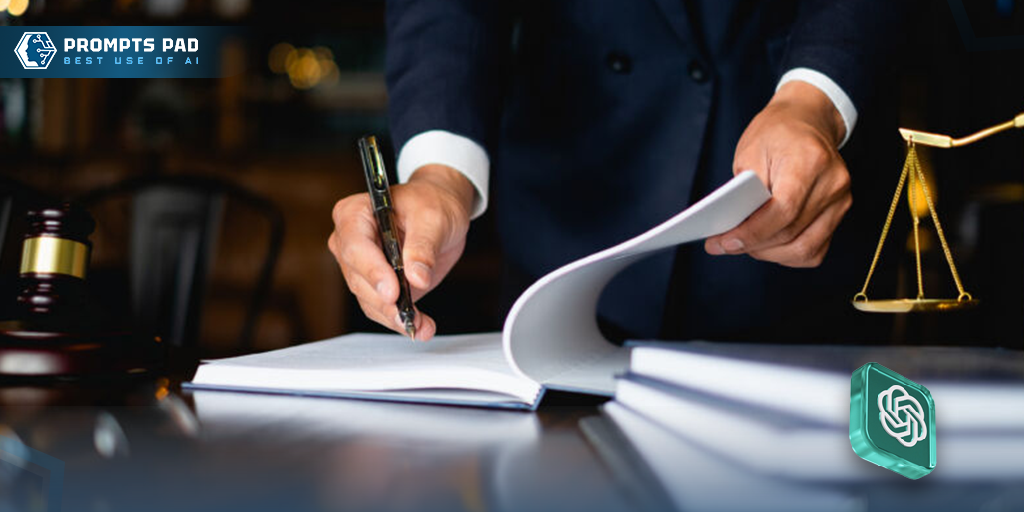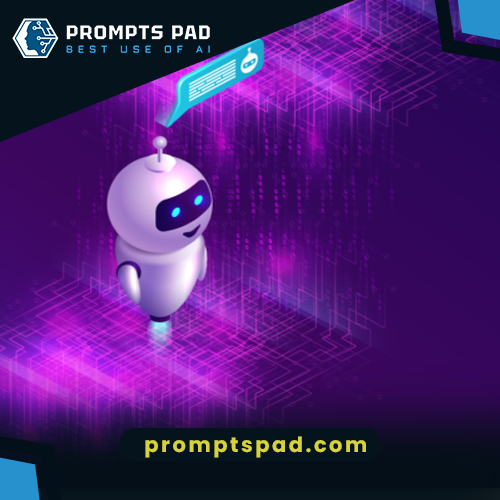When it comes to helping legal experts understand complex diagnoses, identify treatment disparities, and assemble together timelines from fragmented medical evidence, ChatGPT is a valuable tool. Its capacity to decipher complex test data, interpret medical terms, and evaluate surgical procedures improves the accuracy with which attorneys grasp the minute facts of each case. The combination of ChatGPT's analytical powers with legal knowledge creates a synergy that changes the way medical records analysis is traditionally done by providing new opportunities for strategic insights. It is recommended to cross-check the information generated by ChatGPT before utilizing it for legal purposes.
Here are prompts for references;
- In a medical malpractice case, the patient's records mention a rare autoimmune disorder. Act as a lawyer and formulate queries to help understand the medical nuances of this condition, assessing its impact on the case.
- A patient received treatment from multiple healthcare providers with differing opinions. Act as a lawyer and formulate queries to identify and analyze discrepancies in the treatment plans, medications, and procedures outlined in the medical records.
- As a lawyer, I am investigating a potential misdiagnosis, and form queries to analyze medical records for indications of diagnostic errors. Provide an example scenario where conflicting diagnoses raise concerns about the accuracy of the medical assessment.
Here is the link to the result generated by ChatGPT;
https://chat.openai.com/share/fc8ee9a6-e82d-484f-b93a-38640a80c5d0
